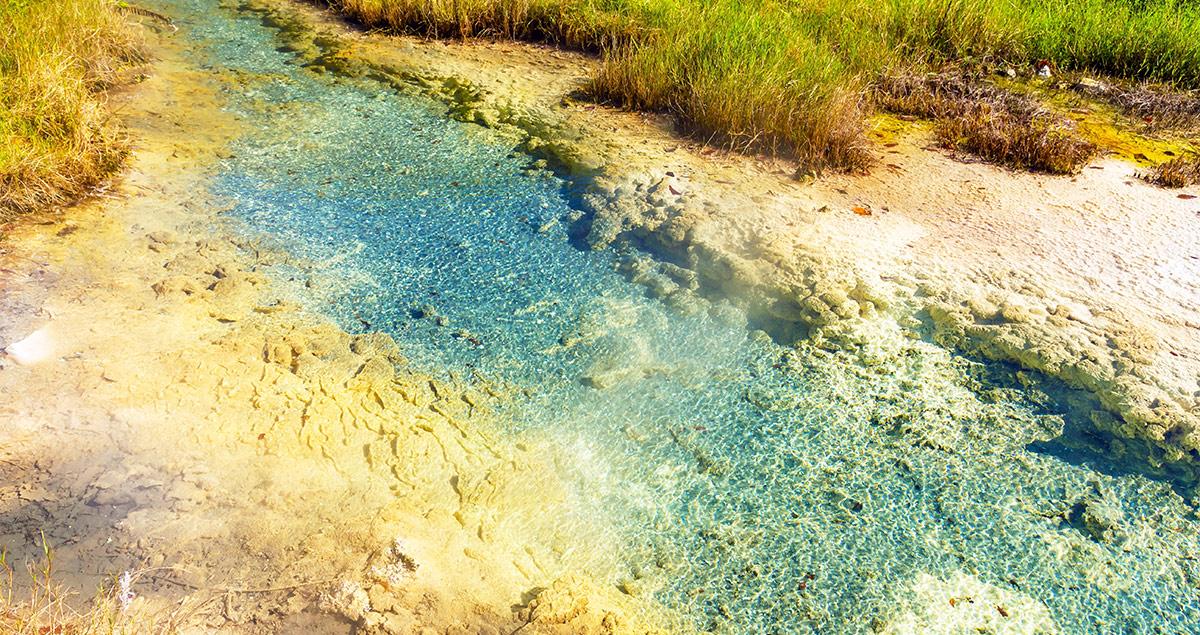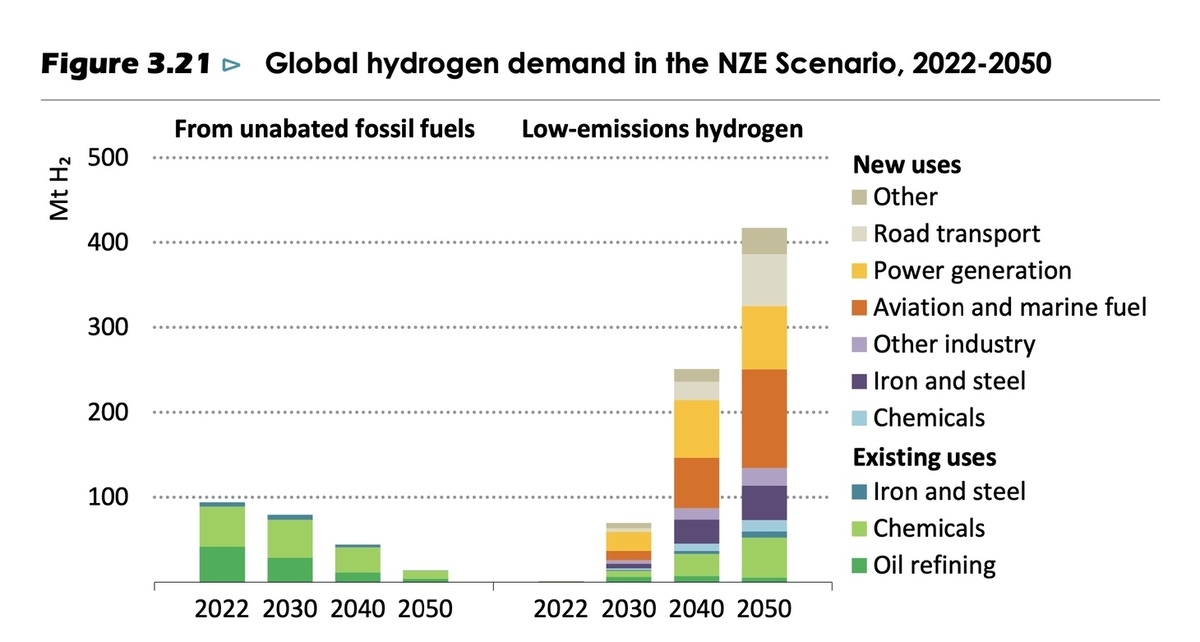The new gold rush: Hunting down naturally occurring hydrogen

Just as the 1800s saw prospectors chasing gold, the race for net zero emissions may spark a frenzy for a new type of gold —naturally occurring ‘gold hydrogen’.
Why is hydrogen important for reaching net zero?
Hydrogen and hydrogen-based fuels are expected to play a key role in decarbonizing sectors with difficulties abating their CO2 emissions, such as power generation and heavy industries like cement and steel, and long-haul transport.
With the majority of hydrogen still being made from natural gas, much of the debate about sustainable hydrogen production has focused on ‘green’ and ‘blue’ methods of synthesizing the gas. Green hydrogen is made by splitting water into oxygen and hydrogen through electrolysis. Blue hydrogen is still reformed from natural gas, but carbon emissions are captured and stored before they escape into the atmosphere.

What is natural hydrogen, and why is it important?
Attention is now shifting to hydrogen that occurs naturally in the Earth's crust and can be mined like other gases, so-called gold hydrogen, that’s also referred to as ‘geological’ or ‘white’ hydrogen.
Pockets of natural hydrogen were known to exist for some time, and a well in Mali has been delivering virtually pure natural hydrogen since 2012. But scientists only recently found that there are more deposits of natural hydrogen than previously thought. It is now believed that hydrogen is generated in large amounts where iron-rich rock in the Earth’s crust reacts with water.
Armed with this information, geologists have found hydrogen deposits across the globe, from reservoirs in France and Spain to Africa, Brazil and the US.
By 2050, demand for hydrogen in a net zero scenario will stand at 430 million tonnes, according to the International Energy Agency (IEA). With five trillion tonnes of natural hydrogen estimated to be in reserves across the planet, we would only need to tap into a small fraction of these to cover our energy needs for hundreds of years.
This could provide a vital lifeline for decarbonizing hard-to-abate sectors, where a significant gap between demand and supply is looming if we are to reach net zero, based on projections by the IEA.

How can we access natural hydrogen?
Accessing naturally occurring hydrogen typically involves drilling wells to access underground deposits. The hydrogen that is extracted only needs to be purified before it can be used. This avoids the most CO2-heavy processes associated with hydrogen’s traditional synthesis from natural gas.
However, not all countries allow hydrogen exploration at the moment and there are some concerns around the viability and environmental impact.

Using the oil and gas legacy to harvest hydrogen
While hydrogen is aiming to replace hydrocarbons, some of the heritage of oil and gas exploration can still be applied. This includes technologies such as drilling into the Earth’s crust horizontally instead of vertically to access hidden repositories.
One company repurposing another legacy from the oil and gas industry is Cemvita, which Mitsubishi Heavy Industries (MHI) Group has invested in. Cemvita explored the microbes living in depleted oil wells and found a strain that could turn residual oil into hydrogen.
If current initiatives around natural hydrogen succeed, we could see a price per kilogram of $1 or less, substantially below the cost of fossil fuel-derived hydrogen. Alongside ‘green’ and ‘blue’ methods, it could become a vital pathway for the net zero transition.
![]()
Discover more about MHI’s work toward hydrogen power generation





